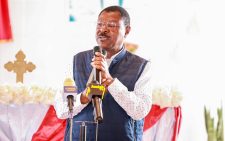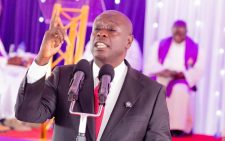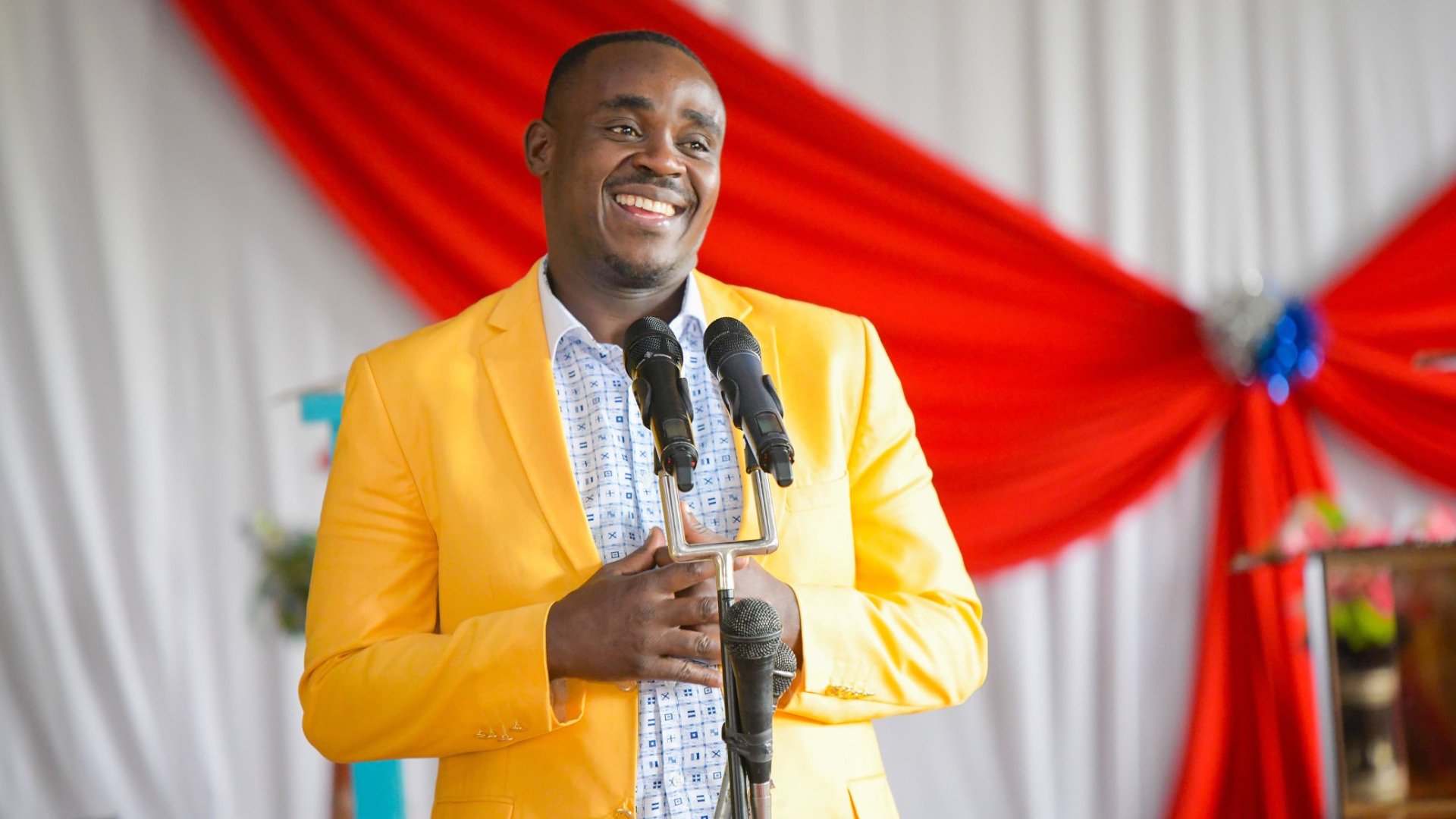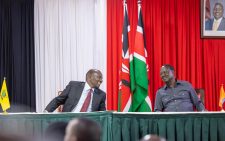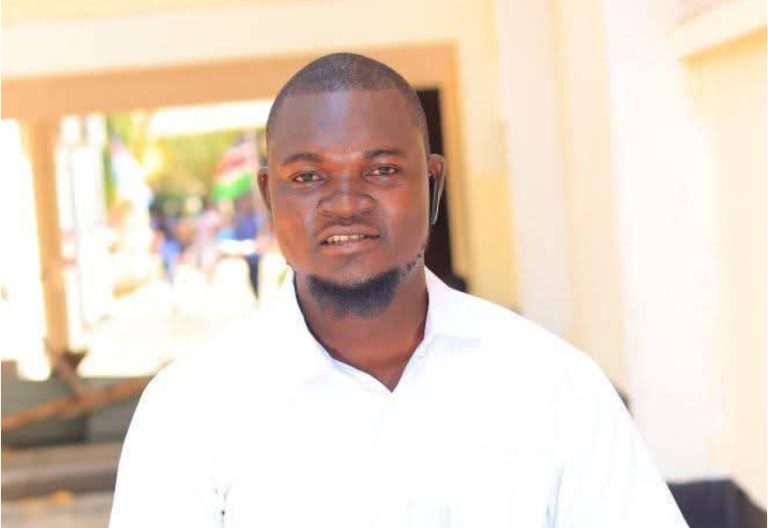Summit ignites bold mission to jolt Africa’s energy poverty
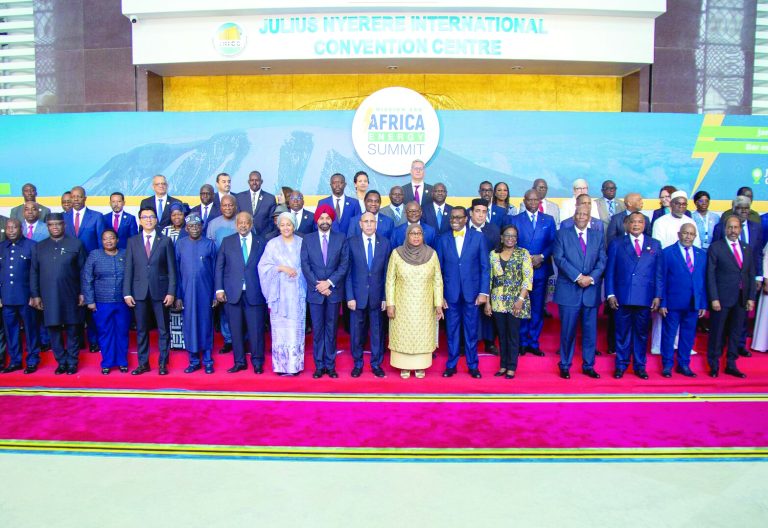
African leaders have committed to drastically cut the continent’s energy poverty by halving the 600 million people without access to electricity while also addressing associated climate risks.
Attending the appropriately named ‘Mission 300 Africa Energy Summit’ in Dar es Salaam, Tanzania, last week, 30 African heads of state and government made the commitment, as partners pledged more than US$50 billion in support of increasing energy across Africa.
The African-led summit acquired an additional US$8 billion for energy transformation after the World Bank and the African Development Bank (AfDB) announced a plan to allocate $48 billion in financing for Mission 300 through 2030.
French development agency, Agence Française de Développement (AFD) committed 1 billion euros, the Asian Infrastructure Development Bank US$1 billion to US$1.5 billion, the Islamic Development Bank US$2.65 billion, and the OPEC Fund US$1 billion.
The Rockefeller Foundation committed US$15.9 million to support the work, including US$10 million to Zafiri, the World Bank’s new distributed renewable energy investment company.
The African leaders attending the summit committed to concrete reforms and actions to expand access to reliable, affordable and sustainable electricity to power growth, improve quality of life and drive job creation.
Energy declaration
By addressing the fundamental challenge of energy access, Mission 300 will serve as the cornerstone of the jobs agenda for Africa’s growing youth population, the foundation of future development, while building resilience to the impacts of climate change.
Commitments in the historic Dar es Salaam Energy Declaration are a critical piece of the Mission 300 initiative, which unites governments, development banks, partners, philanthropies and the private sector to connect 300 million Africans to electricity by 2030.
“Tanzania is honoured to have hosted such a monumental summit to discuss how, as leaders, we will be able to deliver on our promise to our citizens to provide power and clean cooking solutions to transform lives and economies,” Tanzania’s Samia Suluhu Hassan remarked.
The Declaration will now be submitted be submitted to the African Union (AU) Summit later this month for adoption. Energy is the key to unlock Africa’s future envisioned in the AU’s Agenda 2063 and attainment of the United Nation’s Sustainable Development Goals (SDGs).
Damilola Ogunbiyi, CEO and Special Representative of the UN Secretary-General for Sustainable Energy for All (SEI4ALL) hailed the Mission 300 initiative, in which they also played a key role with The Rockefeller Foundation and the Global Energy Alliance for People and Planet.
“In enabling the bold Mission 300 initiative supporting the World Bank and the African Development Bank, we have reiterated our firm commitment to ending energy poverty and talking the big bets needed to advance action at the scale and pace needed to meet the SDG7 Goal by 2030,” Ogunbiyi stated.
For over a decade, the UN has touted energy as the “golden threat that connects economic growth, social equity, and environmental sustainability” to achieve the SDGs.
Access to energy will make or break the continent’s effort to adapt against climate change including adverse weather events, water scarcity, and significant threats to livelihoods.
Whether it is for economic transformation, ensuring food security, digitalising education, revolutionising health systems and industrialisation capacities, or sustaining peace by creating quality jobs and delivering services, no country in the world has achieved these ambitions without abundant and affordable access to energy.
However, Africans continue to get the short end of the stick in the global race to combat climate change when it comes to energy. First, the promised financing to invest in reliable energy systems and adaptation is trickling very slowly to where it is needed most.
Second, Africa could be handicapped if the global-level policies designed to limit greenhouse gas emissions and the proposed timelines towards Net Zero do not take the continent’s unique and nuanced circumstances into account.
Africa’s climate and energy situation is compounded by several factors, key among them high vulnerability to climate change, energy poverty, untapped renewable energy potential, and challenges in energy transition.
Despite low emissions per capita, Africa experiences severe impacts from climate change including extreme weather events, droughts, floods and reduced agricultural yields, putting its economy and livelihoods at risk
A significant portion of the African population lacks access to electricity and clean cooking fuels, relying on traditional biomass burning which contributes to indoor air pollution and health issues.
Africa has abundant renewable energy sources like solar, wind, geothermal and hydropower, which offer a pathway to address energy needs while minimising carbon emissions.
Barriers to developing renewable energy include high upfront costs, lack of infrastructure, limited access to financing and technical capacity building needs.
Transitioning to clean energy presents significant economic opportunities for job creation, investment in new technologies and improved energy security.
A significant enduring aspect of Africa’s impoverished energy landscape is that fossil fuels are still dominant. While renewable energy is growing, fossil fuels remain the primary energy source in many Africa countries.
Country-specific plans
However, many African countries have prioritised achieving universal access to electricity as a key development goal, a factor that was highlighted by the commitments made at the Africa Energy Summit in Dar.
“I am particularly pleased with the endorsement of the Dar es Salaam Energy Declaration and the unveiling of the National Energy Compacts,” Ogunbiyi said.
She commended Mission 300 and regional initiatives working together to promote clean energy development and facilitate knowledge sharing.
Twelve countries – Chad, Côte d’Ivoire, Democratic Republic of the Congo (DRC), Liberia, Madagascar, Malawi, Mauritania, Niger, Nigeria, Senegal, Tanzania and Zambia – presented detailed National Energy Compacts that set targets to scale up electricity access, increase the use of renewable energy and attract additional private capital.
These country-specific plans are time-bound, rooted in data, endorsed at the highest level and focus on affordable power generation, expanding connections and regional integration.
They aim to boost efficiency, attract private investment and expand clean cooking solutions. Deploying satellite and electronic mapping technologies, these compacts identify the most cost-effective solutions to bring electricity to undeserved areas.
AfDB President Akinwumi Adesina emphasised the need for decisive action to accelerate electrification across the continent.
“Critical reforms will be needed to expand the share of renewables, improve utilities’ performance, ensure transparency in licencing and power purchase agreements, and establish predictable tariff regimes that reflect production costs,” he said.
World Bank President Ajay Banga concurred, terming access to electricity as a fundamental human right. Without it, he said, countries cannot thrive. The global bank’s mission is to provide electricity to half of the 600 million people in Africa without access, as a critical first step.
“To succeed, we must embrace a simple truth, that no one can do it alone. Governments, businesses, philanthropies, and development banks each have a role – and only through collaboration can we achieve our goal,” he said.
By combining government reforms, increased financing, and public-private-philanthropic partnerships, African countries are positioned, through Mission 300, to turn plans into action and deliver tangible benefits to millions of people.
Energy access is among the major building blocks to deliver services, adapt to climate risks and provide sustainable livelihoods, ensuring the continent’s peace, security and development for the next generation.
